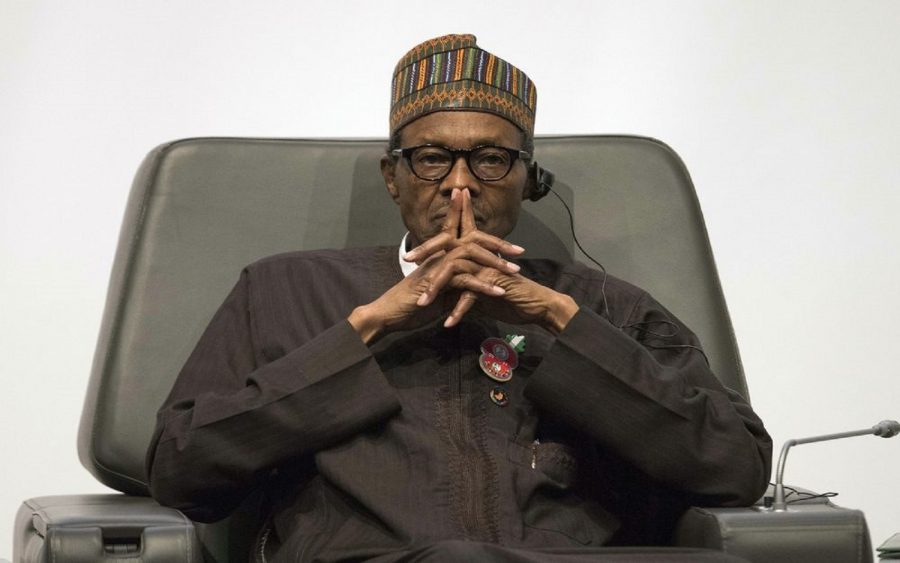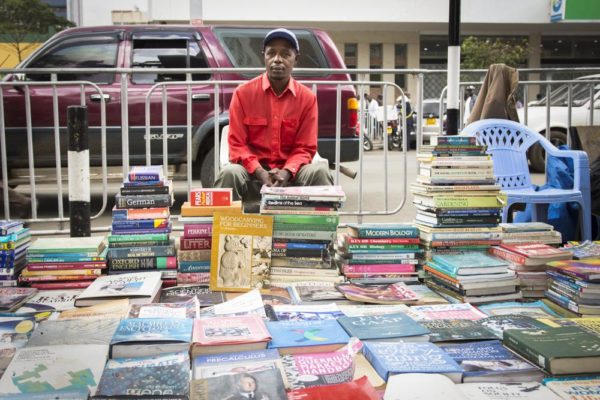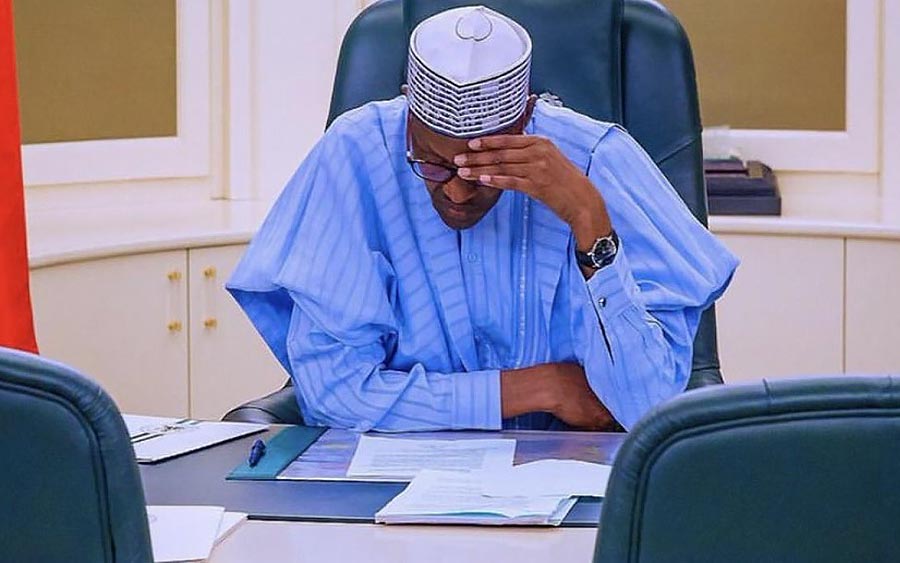- A sovereign debt hedge fund is reported to have taken a 25% stake in a gas company with a US$9.0 billion claim against the Federal Government of Nigeria (FGN).
- If successfully applied in US court, the Nigerian Government could be forced to pay the company, P&ID, US$9.0 billion, or otherwise face freezing of US dollars.
- This begins to raise the question of how the Federal Government of Nigeria could reach a settlement with P&ID or, if the worst comes to the worst, finance a US$9.0 billion liability.
Cause for worry
According to Bloomberg, a subsidiary of hedge fund VR Group has purchased a 25% stake in Process and Industrial Developments (P&ID), which has an approximate US$9.0 billion claim against the Federal Government of Nigeria.
The P&ID case has been featured in the Nigerian and international press over the past year. However, the fact that VR Capital Group (a hedge fund that specialises in distressed sovereign debt) has taken a stake in the claim, underlines the serious implications of the matter.
The original (English court) arbitration favoured P&ID, and was upheld in 2017 with a final award of just under US$6.6 billion (naira 2.4 trillion at today’s exchange rate). But with interests accruing, that award is currently close to US$9.0 billion (N3.2tn). The English court award is currently being applied in the US courts.
For comparison, the FGN’s 2019 budget (as currently proposed) is N8.8tn (US$24.4bn) and the foreign exchange reserves of the Central Bank of Nigeria (CBN) are US$42.9bn. An award of this size, if upheld and applied, could have serious implications for Nigeria’s fiscal position, borrowing costs, and even its foreign exchange position. In our view, it represents a significant new risk.

P&ID versus the FGN: Origins of the case
P&ID is reported to have entered into a contract with the Ministry of Petroleum Resources of the Federal Government of Nigeria (FGN) in 2010. According to reports, the agreement obliged P&ID to build a natural gas processing plant, while the FGN would build pipelines to bring untreated gas to the plant. The gas is, otherwise, flared in the course of oil production.
P&ID alleges that it invested US$40m in the project, although it did not actually build a plant. The company also alleged that the FGN did not build the pipelines specified in the agreement. Therefore, it (P&ID) is entitled to compensation for lost earnings as a result.

The governing law is English
P&ID applied to an English tribunal in 2012 and won a ruling in 2015. This was upheld by the English tribunal in 2017 with an award of US$6.597 billion, and interests accruing.
In order to enforce this award, P&ID’s next step was to start applying it in the United States (US), with the intention that, ultimately, some of the FGN’s US dollar assets could be frozen if the FGN did not either pay in full or reach a settlement. Such cases follow the New York Convention which allows winners of arbitral awards to enforce them in signatory countries.
The case for enforcement was heard last year by the District Court for the District of Columbia. P&ID were represented by Kobre & Kim, a US law firm that specialises in international contract disputes. Lawyers for the FGN argued that the FGN is protected under the Foreign Sovereign Immunity Act (FSIA), and the FGN was given leave to appeal to the US Court of Appeals for the District of Columbia Circuit.
VR Group gets involved with its specialist knowledge in distressed debt
It is not clear to us, at this stage, how the FGN’s appeal citing the FSIA has progressed. However, it was about the time of the FGN’s decision to use this defense that VR Capital Group was reported to have involved itself in the case by buying, according to Bloomberg, a 25% stake in P&ID.
VR Capital Group, founded and run by London-based hedge fund manager Richard Deitz, has a history of buying distressed sovereign debt, having done so in the case of Russia (1998), Argentina (2001), Greece (2012) and Ukraine (2014) among others. While P&ID clearly had resources to mount legal action from 2014 until now, the involvement of a sovereign debt specialist like VR Capital Group suggests a degree of renewed confidence in the progress of P&ID’s case.
Possible solutions
The FGN has several options open to it, in our view. It is not ignoring the case (ignoring it could hasten the process leading to freezing of US dollars) and vigorously contests its validity. But the FGN could also negotiate. Indeed, many cases of this sort are settled. Even then, however, a negotiated settlement could still be costly and might necessitate the FGN raising money to pay it.
One way of raising money would be to borrow in the international markets. As the table on page 1 of this report shows, Nigeria has proven adept at this. The obvious problem in this instance, however, would come under the heading ‘use of funds’ in any related debt prospectus. To borrow money to pay a large debt which arguably should not have been incurred in the first place sounds weak, we believe.
This suggests that some kind of special purpose vehicle (SPV) could be created to raise money, with the FGN obliged to service the liability. Creating such vehicles is stock-in-trade of certain sovereign debt advisory practices, and it is not difficult to imagine that they are already offering their services to the FGN.
Another way to raise money would be to privatise state-owned assets. The irony here is that privatisation is not a policy favoured by the recently re-elected administration of President Muhammadu Buhari. So, if this option is selected, it would represent a policy reversal.
The state and the people
One point worth raising, in our view, is that if P&ID’s case succeeds it would be a problem for the FGN in the first instance rather than a judgement served on the private sector in Nigeria. In some instances freezing orders against governments have exemptions for payments under existing contracts and essential humanitarian items. However, these exemptions do not go so far as to let governments off the hook: they feel the pinch, especially when it comes to raising money.
The question, therefore, is to what extent a government feeling the pinch would be able to turn to the private sector for help. US dollars play a critical role in Nigerian private sector entreprise. Nigerian oil companies and some agricultural producers are important sources of US dollar revenues for the economy. Foreign remittances to Nigeria run at some US$25.0bn per annum and are important to Nigerian households. US dollar deposits account for up to half of deposits held by Nigerian banks.
Note on sources
Progress of the case brought by P&ID against the FGN can be followed by accessing court records stored by private sector companies. One source is the Law360 website which is owned by Premium Media Inc of the US, whose parent company is LexisNexis. This website has details of the cases in the District Court for the District of Columbia. Records of these cases are also held by Bloomberg Law.
The US District Court for the District of Columbia does not itself, at the time of going to press, post records of the P&ID case on its website. As for the original ruling against the FGN, arbitration under English law is private although it can become public through disclosures in other courts.























